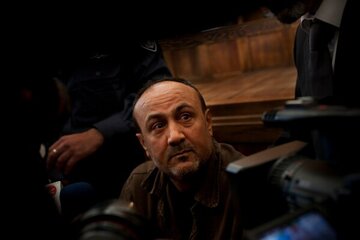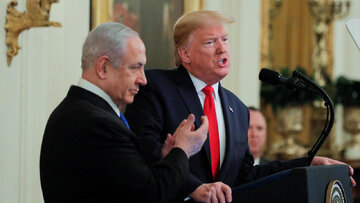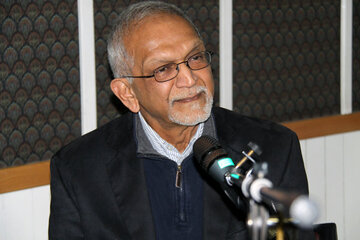Amid the complex and multilayered developments in West Asia, the Islamic Republic of Iran faces certain aggressive and confrontational behaviors. However, despite their perilous appearance, these hostilities contain a set of strategic opportunities—opportunities that, if approached with adherence to the wise guidance of the Supreme Leader, the popular nature of the political system, the social capital stemming from favorable regional and global public opinion, and ultimately, the historical and religious legitimacy of the Islamic Revolution's discourse in defending the oppressed, can yield significant strategic achievements for the Islamic Republic.
The first and most important dimension in addressing these geopolitical challenges lies in adherence to the guidance of the Supreme Leader as the stabilizing cornerstone of both domestic and foreign policy in the Islamic Republic. His approach to crises has consistently been rooted in a precise understanding of field dynamics, a nuanced grasp of the global power structure, and a commitment to principled rationality. Thus, his directives are not merely ethical recommendations but constitute a practical roadmap for navigating complex circumstances with minimal cost and maximum effectiveness. In such critical junctures, elite cohesion, closure of divisive rifts, and the strengthening of collective wisdom in macro-level decision-making all hinge on faithful adherence to this guidance.
Secondly, the popular foundation of the Islamic Republic—derived from its revolutionary identity and democratic structure—serves as a vital asset in confronting external threats, transforming into a driving force for resilience and authority. Unlike authoritarian regimes in the region that tend to collapse from within at the onset of crises, the Islamic Republic benefits from public support that reinforces the legitimacy of its actions and raises the cost for aggressors. This characteristic places Iran in a distinguished position, enabling it not only to mount defensive responses but also to play an active and assertive role in regional dynamics, backed by its people.
The third dimension involves the evolving landscape of regional and global public opinion, which increasingly favors the Islamic Republic’s discourse. Today, the general sentiment among Muslim nations and many global advocates of justice reflects admiration and solidarity with Iran’s role in defending humanitarian values and resistance. Iran's unwavering support for the Palestinian people, clear condemnation of Zionist atrocities, and practical backing of the Axis of Resistance have repositioned the country not as a regional threat but as a moral and spiritual anchor. The expansion of independent media and the weakening of Western media hegemony have further enabled the Islamic Republic to convey its narrative to a global audience with greater clarity.
Finally, the legitimacy of the Islamic Revolution's discourse in defending the oppressed is not merely a propagandistic element but rather a foundational source of legitimacy and civilizational aspiration in the foreign policy of the Islamic Republic. Rooted in Islamic principles and the authentic ideals of the Revolution, this discourse has proven itself on the ground as the only clear and powerful voice opposing domination and injustice. This legitimacy has become a potent instrument for Iran—justifying its defensive measures, strengthening its ties with regional nations, and even internalizing the cost of enemy actions within the global public consciousness. Historical experience has shown that whenever the Islamic Republic has acted within the framework of this discourse, it has achieved superiority not only in moral and ethical terms but also in strategic and security dimensions.
In conclusion, although recent aggressions may outwardly appear as painful manifestations of warfare, they inherently offer fertile ground for the projection of soft power, national cohesion, regional consolidation, and reinforcement of the Resistance discourse. If approached with wisdom and in accordance with the strategic lines drawn by the Supreme Leader, these opportunities will not only allow the Islamic Republic to overcome the crisis but will also elevate it to a higher level of strategic power and international legitimacy.
Mohammad Haeri Shirazi






Your Comment